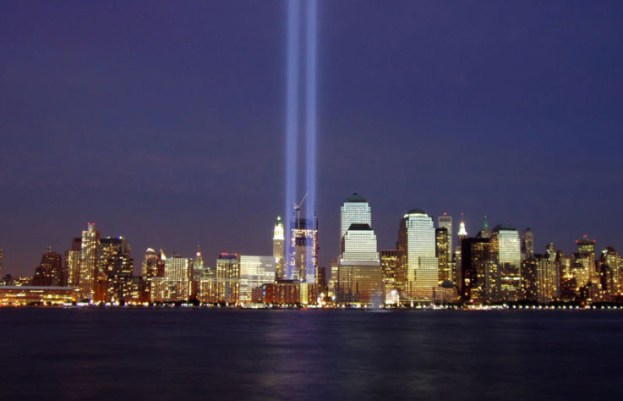
With the 10 year anniversary of the September 11, 2001, terrorist attacks quickly approaching, many in the US have begun to reflect over the past decade. For those of us who lived through the attacks, it likely seems as though no other single event has more drastically altered the world in which we now live than the attacks.
According to Foreign Policy journalist and global trends expert David J. Rothkopf, however, the importance of 9/11 pales in comparison to a number of other events and occurrences that have taken shape since that fateful Tuesday morning. Like what, you ask? Facebook and Twitter, that’s what.
“What’s more important? Knocking down the World Trade Center and killing several thousand innocents or linking half a billion people together as never before (as Facebook did)? Passing notes from cave to cave in Waziristan or fueling a Twitter revolution in Cairo’s Tahrir Square? It’s not even close,” writes Rothkopf in his recent piece, “The Black Hold of 9/11.”
Now, taken alone, this proclamation likely sounds ludicrous, or at least hyperbolic. After all, tens of thousands of people have died as a result of the 9/11 terrorist attacks, mostly through the military actions taken by the United States in response to the attacks. Sure, Facebook and Twitter have given new ways for people to communicate, but they’re mostly just used for passing around links and publishing mundane details about our lives — surely that’s less profound than death and destruction on a global scale.
Crazy as it sounds, Rothkopf may have a point. As he notes, the so-called Arab Spring — this year’s wave of citizen revolutions in the Middle East and North Africa that have resulted in the toppling of multiple dictators — has “toppled more governments in the region than either al Qaeda or the United States could.” These uprisings have been helped immensely by social networks like Facebook and Twitter, which gave people the ability to bypass many of the digital barriers put in place by tyrannical regimes. Without them, the revolutions may not have been possible.
That’s only one example of how social networking has changed the 21st Century world, but it’s certainly the most penetrating case.
In addition to social media, Rothkopf also lists the rise of cell phones and other handheld computers as another thing that has changed the world more than 9/11, something he calls “world-reording.”
“Eight trillion text messages will be sent in 2011. Within three or four years, more people will access the Internet via phone than via computer. And growth is fastest in the emerging world,” writes Rothkopf. “There are more cell phone cameras today than all other forms of camera added together. Everyone is connected. Everyone is a witness. Everyone is part of a global news network, an instant coalition, a mob, an electorate.”
Also on Rothkopf’s list are the stock market crashes of 2008, humanity’s “failure to address global warming” and, at the top, the rise of emerging powers, especially Brazil, India and China.
So, what do you think? Has social media changed the world more than 9/11? Have cell phones? It’s an interesting question to ask, and one worth considering. Give us your take in the comments.


